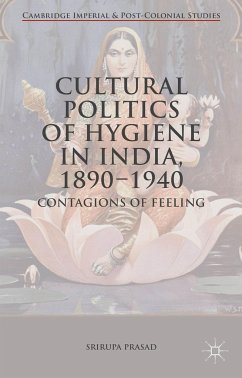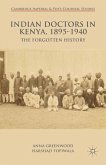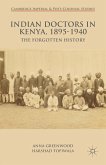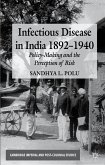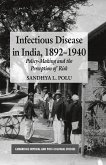This book examines genealogies of contagion in between contagion as microbe and contagion as affect. It analyzes how and why hygiene became authoritative and succeeded in becoming a part of the broader social and cultural vocabulary within the colonialist, anti-colonial, as well as modernist discourses.
'The Cultural Politics of Hygiene in India, 1890-1940 makes a high-quality and original contribution to the literature on colonial India, public health, and the relationship between science and imperialism. By exploring the intersection of various public health interventions in India, especially issues related to food and sanitation, Srirupa Prasad offers new insights into the nature of colonial rule and Indian society under colonial rule.' Nico Slate, Carnegie Mellon University, USA

